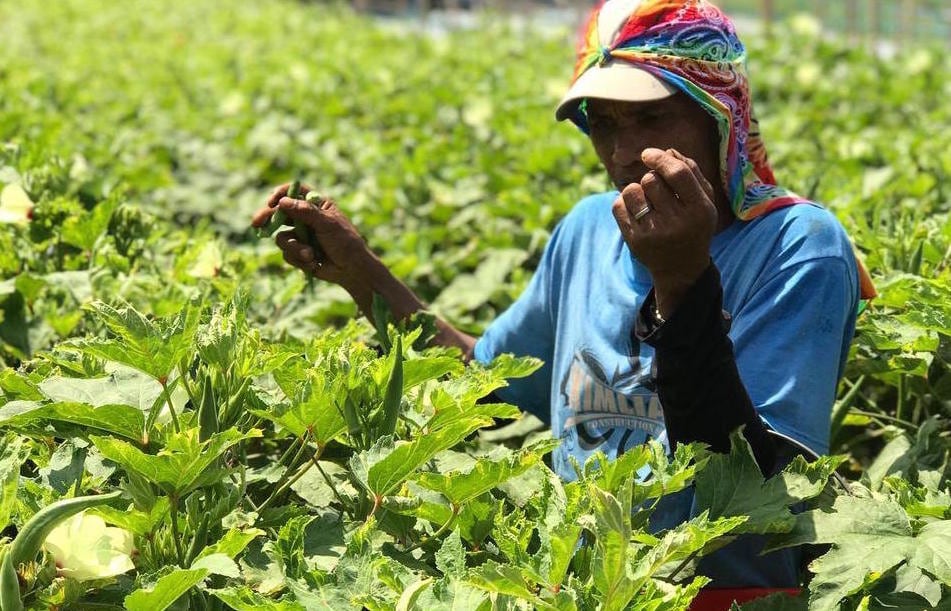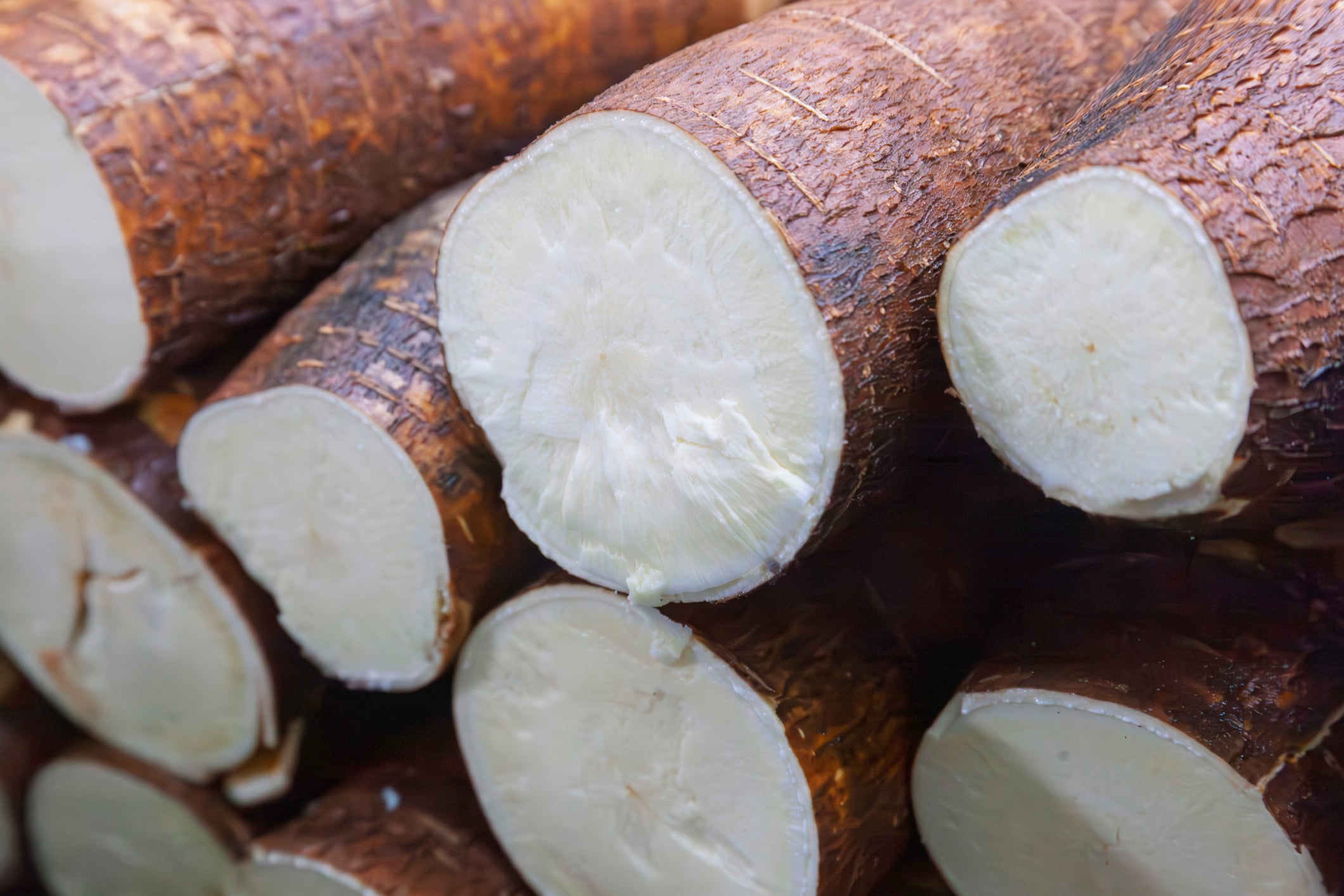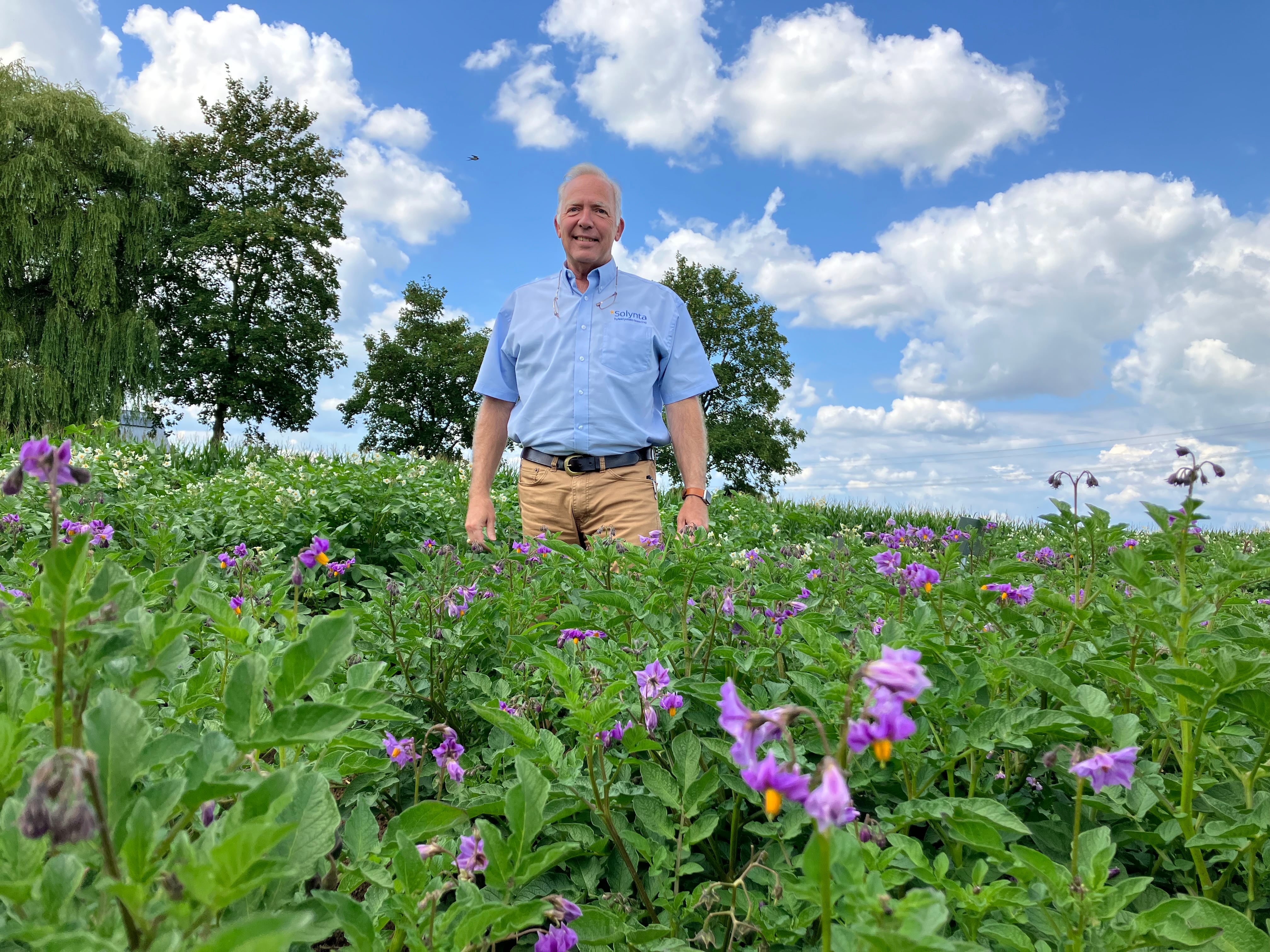On July 10, it was announced that HSBC Philippines was funding an undisclosed amount to Bayan to support local smallholders in their bid to become more climate resilient.
With this philanthropic funding, Bayan has partnered with agri-tech firm Mayani to make climate smart technologies available to smallholders of the country.
HSBC and Bayan did not disclose the amount of funding that has been promised to this initiative.
Bayan and Mayani see this initiative as less of a short-term project but the spark for a greater movement in the Philippines towards climate resilience.
“A project has a fixed life cycle but the way we have envisioned it with HSBC is that it will be really, really long term. We want to scale it up and it will go beyond just a project but a movement,” said JT Solis, co-founder and CEO of Mayani.
Down the line, the initiative aims to bring in more partners and collaborators into the fold.
“Our collaborative vision is very clear from the get-go. While HSBC is seeding and providing the initial funding, they are okay with this being a movement that is not exclusive to them. The way we see it, HSBC’s role is catalytic by design. It will be able to draw in more parallel funding from likeminded partners to join this movement,” said Solis.
David Daniel Pagulayan, executive director of Bayan highlighted the importance of this initiative given the nation’s high risk to climate change.
“The Philippines is at the centre of climate risk. It’s one of the most vulnerable and it needs to adapt and be more resilient in its farming practices because the Philippines is primarily an agricultural country. There is a lot here that smart agriculture can do to change our agricultural landscape.”
The country has a high reliance on the agriculture and aquaculture industry, with the nation’s smallholder farmers and fisherfolk producing over 70% of the nation’s food supply.
Additionally, with its geographical location on the the Pacific Ring of Fire and typhoon belt, the Philippines is widely recognised as one of the most climate-vulnerable nations.
The 2025 Climate Risk Index (CRI), which ranks countries by the human and economic toll of extreme weather, ranked the Philippines as 10th in the world.
Three regions in 12 months
The implementation of this project will be nationwide in scale. It will start with Luzon, the largest island group before moving to the Visayas region, and lastly to Mindanao by 2026.
In particular, Solis highlighted the Bangsamoro Autonomous Region in Muslim Mindanao (BARMM), which the initiative is very keen to expand into.
“Mindanao is considered the food basket of the Philippines. The BARMM has a lot of Muslim farmers, there used to be the Bangsamoro secessionist movement, so the intervention here will be more than food security.
“It will also be able peace building and social cohesion because that region has just emerged from a very fragile state of development… This is a good way to build livelihoods of the grassroots, knowing that when people don’t have livelihoods, that when there’s conflict.”
Help from the co-ops
Mayani will help provide training and equipment to improve on-farm systems and infrastructure.
Improvements such as precision irrigation systems and agricultural inputs such as drought resistant seeds and bio fertilisers will be introduced to farmers. Eventually, Mayani aims to introduce infrastructure such as smart greenhouses.
One of the challenges this initiative faces is the reception of the smallholder farmers and fisherfolk.
Mayani and Bayan acknowledge that sustainability may not be top of mind for smallholders that are struggling to put food on the table.
In this case, cooperatives are invaluable for the initiative, as they will help scale a lot faster, said Pagulayan.
“Here in the Philippines, cooperatives have been the cornerstone of a lot of grassroots movements. That’s why it’s our model for social entrepreneurship, with members of the cooperatives have a shared vision and mission,” he said.
“The module is very important because it allows them to open up to new ideas. We’re talk about farmers who have been doing this for over 30 years, when things don’t work, they tend to just throw more of whatever they have into the land until it grows something. That kind of mindset is difficult to shift.”




